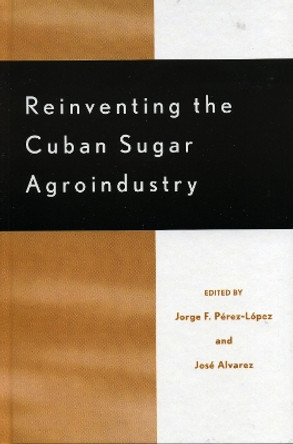Description
Ortiz presents his understanding of Cuban history in two complementary sections written in contrasting styles: a playful allegorical tale narrated as a counterpoint between tobacco and sugar and a historical analysis of their development as the central agricultural products of the Cuban economy. Treating tobacco and sugar both as agricultural commodities and as social characters in a historical process, he examines changes in their roles as the result of transculturation. His work shows how transculturation, a critical category Ortiz developed to grasp the complex transformation of cultures brought together in the crucible of colonial and imperial histories, can be used to illuminate not only the history of Cuba, but, more generally, that of America as well.
This new edition includes an introductory essay by Fernando Coronil that provides a contrapuntal reading of the relationship between Ortiz's book and its original introduction by the renowned anthropologist Bronislaw Malinowski. Arguing for a distinction between theory production and canon formation, Coronil demonstrates the value of Ortiz's book for anthropology as well as Cuban, Caribbean, and Latin American studies, and shows Ortiz to be newly relevant to contemporary debates about modernity, postmodernism, and postcoloniality.
About the Author
Fernando Ortiz (1881-1969) was one of Cuba's most influential public intellectuals. His vast work on Cuban culture includes the five-volume work, Los instrumentos de la musica afrocubana. Fernando Coronil is Assistant Professor of Anthropology and History at the University of Michigan.
Reviews
"The first and only comprehensive study of the West Indian people. Ortiz ushered the Caribbean into the thought of the twentieth century and kept it there." -C. L. R. James
Book Information
ISBN 9780822316169
Author Fernando Ortiz
Format Paperback
Page Count 408
Imprint Duke University Press
Publisher Duke University Press
Weight(grams) 476g










